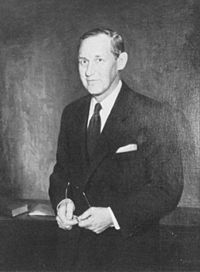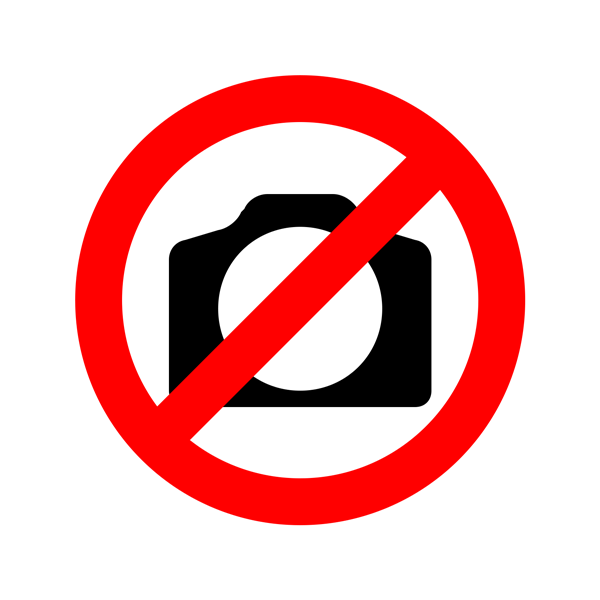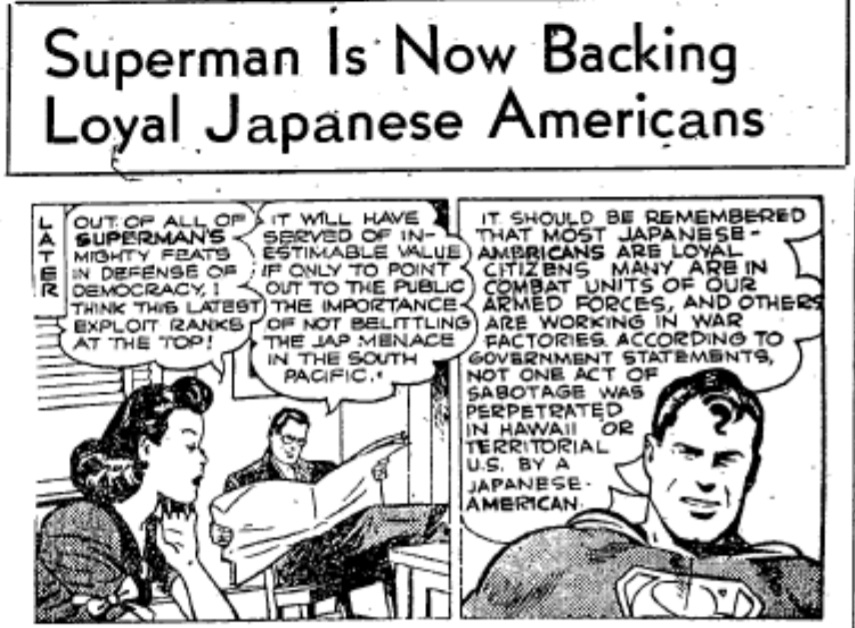Historical Events
 |
| Harry Hopkins |
In W. Virginia, camps set up for 4000 undernourished children. Food cost 30 cents per child per day. The children were so malnourished that the average weight gain was 5 pounds in the first 2 weeks
In New Orleans a government worker was mixing with a crowd of transients when he was accosted by a woman who offered him sex. He said, “I can’t. I haven’t any money.” She said wearily, “Oh, that’s alright. I only costs a dime.”
In Colorado, Hickok spoke with the workers in a sugar beet field. One was a 10 year old girl who had been working in the field for 2 years, from 6AM to 6 or 7 at night.
In South Dakota people were eating boiled thistles. A child fainted in school; the teacher told her to go home and eat. She said she couldn't, "it’s her sister’s turn to eat that day.
In Colorado, Hickok spoke with the workers in a sugar beet field. One was a 10 year old girl who had been working in the field for 2 years, from 6AM to 6 or 7 at night.
In South Dakota people were eating boiled thistles. A child fainted in school; the teacher told her to go home and eat. She said she couldn't, "it’s her sister’s turn to eat that day.
 |
| Lorena Hickok |
2. From 1929 to 1933, almost one in every seven businesses failed. In 1933, when Lorena Hickok began her travels, 13 million Americans were out of work. That number amounted to about 25 percent of the workforce. In comparison, only about 3.1 percent of the population had been jobless before the stock market crash in 1929. The stock market crash put Hickok our of work for most of the time. In 1928, Hickok joined the Associated Press. She was very happy with her job at that time and was very concentrated with her job. She never took a leave and many people told her to but, she wanted to do this job because she love it. Then when the Stock Market Crashed, everything was destroyed. She didn't loose her job, but she was getting paid 50% less. She had to pay for almost everything in her family and could not afford to get paid very little. Also she was thinking of working at two jobs, but she would be very tired and not do a good job.
3. In 1933, Roosevelt launched the New Deal. Before the New Deal, Hickok reported that many found it difficult to admit they needed help. After the News Deal, there were few places the poor and unemployed could turn for help. Herbert Hoover had believed that private charities could cope with the economic crisis, and he had encouraged Americans to rely on them to do so. Many wealthy Americans generously supported charities to help the less fortunate. In New York City, charitable donations for the needy increased from $4.5 million in 1930 to $21 million in 1932. These donations also helped Hickok in a way that after she save up all her money, she also donated part of her money to local charities. He thanked Roosevelt that he launched the New Deal. She was very grateful for all the help she got and gave it back in the same way.
 |
| Eleanor Roosevelt (Right) and Lorena Hickok ( Left) |
4. Both Hickok and Eleanor were very connected. Hickok learned important points of the New Deal through Eleanor. Eleanor invited Hickok on almost every trip she took. They both had a goal of removing poverty from the US and the Ned Deal did the same thing. Relief, recovery, and reform were the goals of the New Deal legislation that was passed from 1933 through 1935 and Because relief was very much in need, it was the first priority for the first 100 days of the new Congress. They both tried to make new regulations to prevent poverty and give relief to the poor. She took this lesson and then spread it through media since she was a reporter and she also gave some money to people to help them When she was a child, Hickok suffered through a lot of bad events. The Great Depression affected all of her childhood that she had to quit college and find a job somewhere else. After the Great Depression she was hired to work at the World's Fair.
5. Roosevelt invited Hickok to stay at the White House. From 1940-1945, Hickok had inside access to most of war news. Also she worked for the Democratic Party on women's issues. During World War II, Hickok's job was to expose partisanship of zealots and minimize their influence on women. She had to persuade women to support the war and defeat fascism and leading her to protect women's rights. The Opponents after Pearl Harbor were countries who long had opposed Roosevelt and she had to fix this. In doing this, Hickok leaned to be a good leader and not persuade anyone else to tell you something different. Also her lessons that she learned in school helped her to be recognized as the best leader for helping persuade women to support the war. World War II impacted Hickok to know how women were feeling towards the war and she started to earn more money and help her family recover from the Great Depression.
6. Since Hickok had full access to the war news, she wrote many books. One of her famous book was " Reluctant First Lady ". In the book she states that "
Not in large sums to organized charities although in
5. Roosevelt invited Hickok to stay at the White House. From 1940-1945, Hickok had inside access to most of war news. Also she worked for the Democratic Party on women's issues. During World War II, Hickok's job was to expose partisanship of zealots and minimize their influence on women. She had to persuade women to support the war and defeat fascism and leading her to protect women's rights. The Opponents after Pearl Harbor were countries who long had opposed Roosevelt and she had to fix this. In doing this, Hickok leaned to be a good leader and not persuade anyone else to tell you something different. Also her lessons that she learned in school helped her to be recognized as the best leader for helping persuade women to support the war. World War II impacted Hickok to know how women were feeling towards the war and she started to earn more money and help her family recover from the Great Depression.
6. Since Hickok had full access to the war news, she wrote many books. One of her famous book was " Reluctant First Lady ". In the book she states that "
Not in large sums to organized charities although in
later years in the White House, when her earnings were very large, she gave huge sums to the American Friends Service Committee and, during World War II, to the American Red Cross. But in the days before she went to the White House she liked to give money directly to people who needed it."
Through the events that she faced, they impacted Hickok to help others and give back to the community. Always help the poor and never be selfish. So through this, she started many charities and food drives. She know how it would be to not be cared by others and used this event to fuel her throughout her life.
7. Hickok's diabetes worsened in early 1945, forcing her to leave the DNC. In 1947, Hickok secured a job with the New York State Democratic Committee. Also in 1945, FDR died. So, Eleanor was appointed to the US Delegations to the United Nations. The next president elected was Harry Truman. Truman was very different from FDR and Hickok didn't like him. The Cold War began when Kim II Sung invaded South Korea and Truman didn't like this. Truman wanted a naval blockade of Korea and since the US was on heavy budget backup, The US could not enforce it and called for the UN to do it. The war was a stalemate for two years until an armistice was signed. Over 30,000 Americans were killed. The US had many budget problems. This forced Americans to cut many things. We had to supply the soldiers with food and this affected Hickok. The wages dropped her family budget by 60% and she could not afford to loose her job. She also had diabetes and had a hard time keeping up with it.
8. The Korean War forced the US to cut the budget and in turn cut some jobs. This and Diabetes forced Hickok to quit her job and hey move to a cottage in Hyde Park. There she started to write books aimed at elementary school readers. She raised a lot of money by publishing the books. Then she took the money and used it to supply food to the soldiers in the Cold War. In return she got aid from the government. At this time Eleanor was working for the rights of women, the poor, minorities and workers. So the cold war affected her to provide food and in return she got money for the food.
9. The Great Depression was one of worst event in US History. The Dust Bowl was caused by drought and erosion. People didn't have money to water their crops and there was very little rain. Hickok was forced to save food and most of her food was destroyed. Also the Great Depression caused the US to cut wages and most of the banks closed. She had to live in poverty and no food until the Great Depression was done.
10. Also the Great Depression forced the banks to close. FDR did may things to help the people and many people liked him. He hired investigators to investigate the banks and keep the good banks open. But this didn't help Hickok. She never got married because the great depression caused her to loose all of her money and also she was in a relationship with Eleanor.







No comments:
Post a Comment